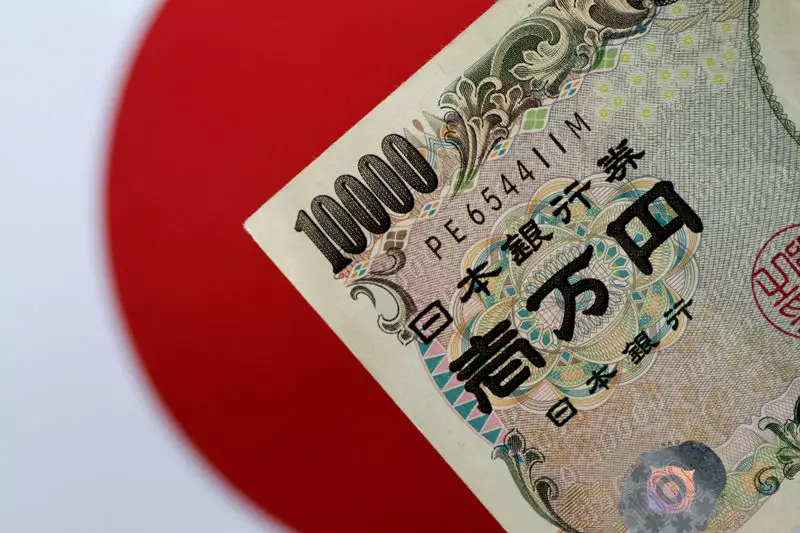Japan’s new vice finance minister for international affairs, Atsushi Mimura, recently stated that Japan will maintain its approach on the yen, with intervention still being an option to address excessively volatile moves in the exchange rate. Mimura emphasized the importance of internationally agreed commitments concerning exchange rates being determined by markets, but also acknowledged the negative impacts of excessive volatility on economic and financial stability.
The notion of intervention in the foreign exchange market is a significant component of Japan’s currency policy, as Mimura highlighted the necessity of measures such as interventions when situations arise that could jeopardize economic stability. Despite emphasizing market determination of exchange rates, Mimura’s comments suggest a willingness to intervene if needed, aligning with past practices of yen-buying intervention during periods of extreme currency depreciation.
Change in Communication Style
One noticeable aspect of Mimura’s interview is his suggestion of a potential shift in communication strategies with the market. While the previous vice finance minister was known for his vocal warnings against market movements, Mimura hinted at the possibility of adopting a more nuanced approach to communication. This change could signify a desire to avoid unnecessary market speculation and uncertainty while still ensuring that communication remains effective.
Mimura emphasized the importance of cooperation between the Ministry of Finance, the Bank of Japan, and the Financial Services Agency to align macroeconomic policies. By emphasizing the need for these institutions to work in tandem, Mimura highlights the significance of a cohesive approach to financial and economic policies to ensure stability and growth.
Promoting Economic Competitiveness
Acknowledging the yen’s weakened effective exchange rates due to persistent deflation, Mimura stressed the importance of enhancing Japan’s economic competitiveness to bolster growth potential. He identified areas beyond traditional manufacturing, such as inbound tourism and pop culture, as avenues for stimulating economic growth and diversification.
With a significant background in financial regulation, including a tenure at the Bank for International Settlements during the global financial crisis, Mimura brings a wealth of experience and international relationships to his new role. His expertise in financial regulation underscores the importance of regulatory frameworks in maintaining stability in the financial sector.
Atsushi Mimura’s remarks as Japan’s new top currency diplomat signal a continuation of the country’s approach to the yen, with a willingness to intervene if necessary to address volatile currency movements. His emphasis on communication strategies, collaboration among key financial institutions, and the promotion of economic competitiveness reflect a comprehensive approach to managing Japan’s currency policy and economic growth. Mimura’s background in financial regulation further reinforces his capabilities in navigating complex financial landscapes and ensuring stability in Japan’s economic framework.

